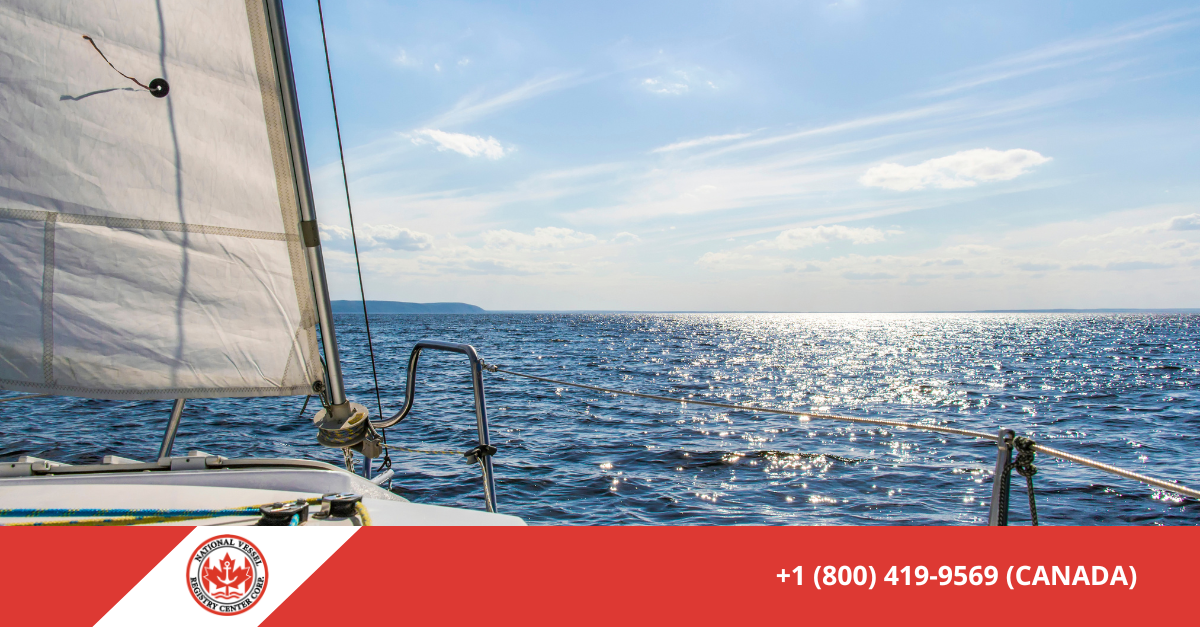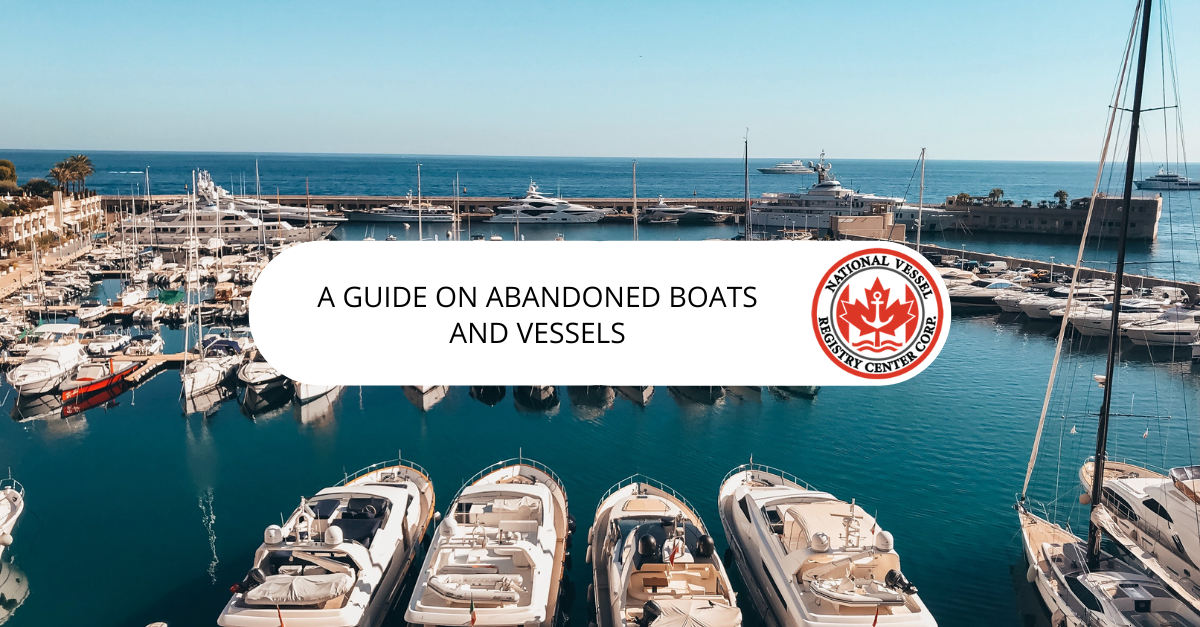If you are the owner of a vessel, you are aware of the importance that safety and regulations represent. Regrettably, there will always be people who don’t follow the rules that govern owning boats, cars, and other motorized vehicles. What ends up happening when those boats are left abandoned both in the water and on land? There are abandoned boats and vessels from coast to coast, and they can be found anywhere from fields to storage yards to backyards, and even in the water. Keep on reading to learn more about abandoned boats and how our services can help you stay away from a situation like that.
What Does An Abandoned Boat Actually Mean?
A boat is considered to be abandoned when it has been left unattended for a predetermined amount of time. It makes no difference whether the boat is in the water or not; if no one has been attending to it for an extended period of time, it will be considered abandoned and subject to regulations and possible fines.
If you’re wondering how this relates to you, keep in mind that “abandoned” can mean more than just being left on a beach with no one onboard and that it doesn’t necessarily need to be left abandoned “forever.” The term can also refer to a variety of other situations. Even if someone plans to go back to their vacation home later this year, that might not be enough to keep them from being seen as “abandoning” it if they leave it empty for a long time and don’t come back within six months or more.
What’s The Legal Viewpoint On Abandoned Boats?
The Wrecked, Abandoned, or Hazardous Vessels Act of 2019 says that it will be against the law for owners and operators of vessels to
- It says that a damaged boat can’t be left in the same place for more than 60 days without permission.
- They leave the vessel behind that they no longer want.
- The wreckage was caused because they did not perform routine maintenance on their vessel.
- Intentionally causing their ship to sink, become stranded, or ground itself.
Abandonment is a difficult thing to control. As more people purchase recreational vessels such as fishing boats or houseboats, which end up not being used as much as their owners had anticipated, the number of abandoned boats will continue to rise. There are many different scenarios that could result in a boat being left behind, including a lack of maintenance, financial difficulties, a disagreement among traveling companions, etc. (all pretty common).
Regulations Regarding Abandoned Boats and Vessels
It’s helpful to know what to do if there’s a catch in this whole process, since there may be a number of rules to follow.
Calling the Ministry of Transportation (MTO) is the first and most logical step to take in this process. A representative will first explain how the process works, after which they will ask for specific details on the location of the vessel in order to assign a case number to it. If the boat appears to be in a condition where it could be sold or repaired, then the MTO will take the necessary steps to get it back into circulation. If, on the other hand, its condition makes it unfit for any use other than as scrap metal, MTO will probably have no choice but to give the job of getting rid of it to a third party with experience in dealing with problems like this.
Salvaging, Taking Possession Of, Or Reporting An Abandoned Boat In Some Other Way.
If you have found a wreck in, let’s say, Ontario and want to import it, salvage it, take possession of it, or report it in any other way, we are here to assist you. The Ministry uses the following criteria to decide if a boat is abandoned or not:
The absence any evidence to suggest that there was any activity aboard the vessel within the previous five years prior to it being located. This includes the lack of movement from the mooring location for over six months. (This does not apply if there are exceptional circumstances). Additionally, the lack of anyone who seems to have some kind of connection with the vessel that is being boarded.
Having said that, according to Transport Canada’s regulations, it is illegal to simply retrieve a vessel that has been left behind without proper authorization. If you take a look at our website, you’ll see that we have included all of the contact information that you might need as part of the process.

Cover All Your Future Registration Needs.
You don’t have to take matters into your own hands, despite the fact that abandoned boats can be a significant topic of concern. If there is an abandoned boat in your neighboring area, feel free to get in touch with us or with the local authorities so that they can assist you in getting it removed from the waterway. As for future registration forms, not only will you be able to complete them online, but you will also be able to send them in through our portal. If you have any inquiries, please do not hesitate to get in touch with us by calling the toll-free number (800) 419-9569 or sending an email to the address info@canadianvesselregistry.ca.

